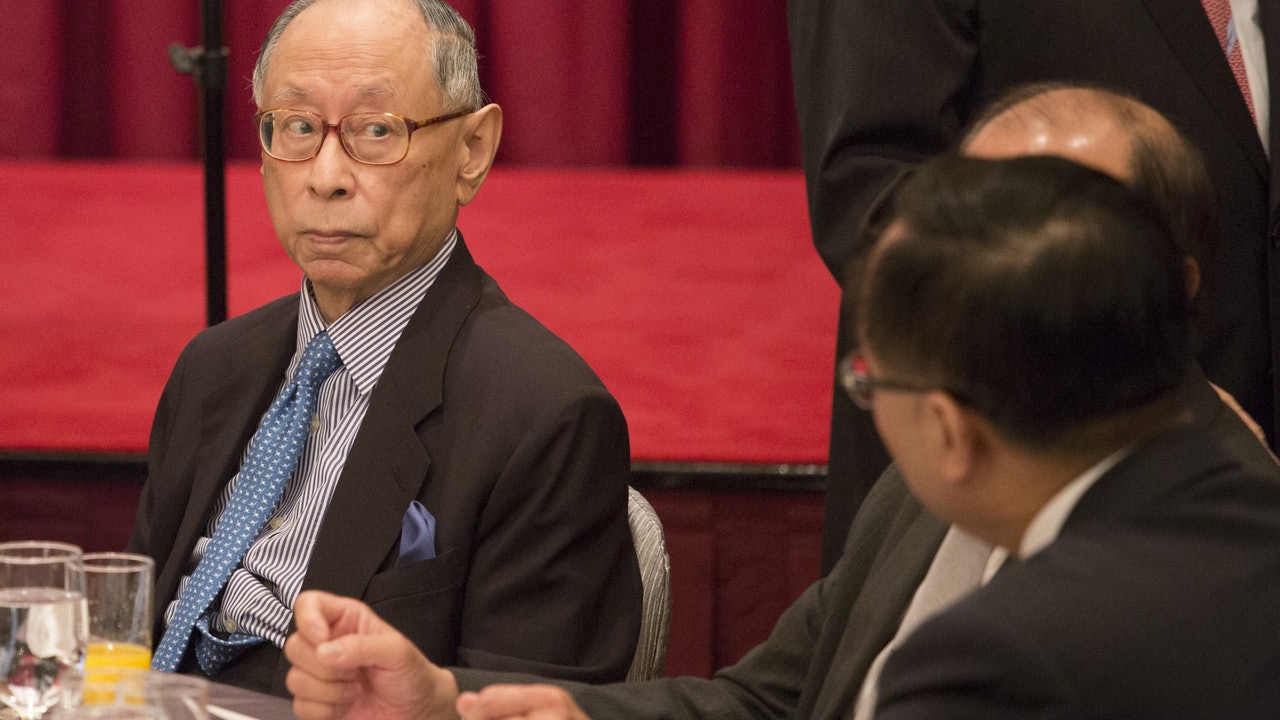Political situation
Written by: Chen Jialuo
2020-06-02 12:40
Last update date: 2020-06-02 12:47Former Chief Justice Yang Tieliang of Hong Kong issued a statement today (2nd), saying that the parties have fully explained the reasons why the Hong Kong SAR urgently needs legislation. He believes that every sovereign country has the inherent right to legislate for its national security interests, This principle cannot be refuted.
He pointed out that the International Covenant on Civil and Political Rights clearly stipulates that any such rights must take into account the needs of national security. "Despite the objections of overseas commentators, if their respective national security is breached, they will It will equally actively invoke the provisions of the Convention. Therefore, those rebuttals and actions are not sincere."
Former Chief Justice Yang Tieliang, who had competed for the first chief executive, issued a statement saying that the parties had fully explained the reason why the SAR urgently needed legislation. (Profile picture)
Refers to unpublished provisions and speculation is not helpful
Yang Tieliang said that in the past 23 years, the Hong Kong SAR has always had a vacuum of legislation and implementation in dealing with subversive activities. At present, it is not clear how the national security law will be drafted and promulgated and how to deal with security issues. What happens will be of no benefit.
He emphasized that the common law principles have worked well in the United Kingdom, Canada, Australia, New Zealand, Hong Kong and other places for centuries. "Presumption of innocence, fair trial rights, and judicial independence must be the core of our discussion." From his recent news reports We are pleased to note that these values are respected when formulating relevant laws, emphasizing that "sincerity and trust are important elements of living in this great era."
Interview|Jiang Leshi: The Central Authorities Have the Right to Establish Hong Kong’s National Security Law
Li Guoneng said that understanding the legislation advocates no retrospective period
The first chief judge of the Court of Final Appeal, Li Guoneng, wrote in a newspaper today that Hong Kong has failed to legislate for Article 23 of the Basic Law. The NPC’s decision to formulate a national security law for Hong Kong is understandable and reasonable, but the crux of the problem lies in the actual content of the law. He made a number of suggestions, including that the national security law must not be retroactive, that the trial should be conducted in Hong Kong in an open and fair manner, that the investigative power must be regulated by Hong Kong laws, that the defendant should be presumed innocent, and must be convicted without reasonable doubt.
Hong Kong version of the National Security Law







